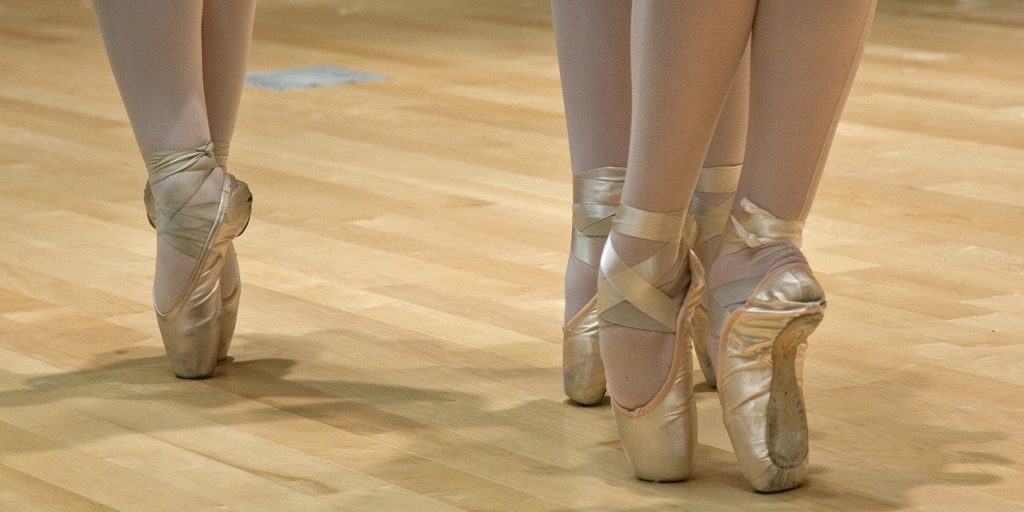- Class-action lawsuits targeted cybersecurity, worker rights in 2021 - December 31, 2021
- Ponzi scheme class-action lawsuit an ‘inventive’ brand of litigation - December 20, 2021
- Failing to adequately safeguard data results in $3.44M settlement - November 30, 2021
A judge has given the green light to a lawsuit launched by Toronto class-action lawyer Margaret Waddell against a prominent ballet school and former teacher on behalf of former students who allege intimate pictures were taken of them, some of which were sold online.
Ontario Superior Court Justice Paul Perell certified the proceeding, which so far involves more than 50 former ballet students, finding that there are “productive common issues” among them.
“Obviously we’re very pleased with the result and looking forward to moving the case forward as quickly as we can to get some compensation for these women,” says Waddell, a partner with Waddell Phillips Professional Corporation.
Lawyers for the ballet school and the former teacher were not immediately available for comment, The Canadian Press reports.
Former student
The representative plaintiffs area former ballet school student and her spouse. The defendant was a teacher/instructor at the prominent dance company that operated the school and was also a photographer there, the judge says.
The lawsuit is launched on behalf of all students at the school between 1984 and 2015 who were photographed by the teacher, Perell says in his ruling.
They assert three core wrongdoings, the judge says:
- “(1) by his conduct of taking intimate photographs in the private settings, (the former teacher) sexually assaulted the students he photographed,
- “(2) (his) taking of intimate images of the students was a breach of fiduciary duty by abusing his position of power and trust,
- “and (3) (his) disseminating and selling the intimate photographs without the students’ consent was a breach of a variety of statutory and common-law privacy and confidentiality torts.”
The plaintiffs also assert that the ballet company is vicariously liable for the alleged misdeeds and that it was negligent in failing to supervise the former teacher or take action when it knew about his alleged misconduct, the judge says in the ruling.
‘Duty of care’
“The relationship between a teacher and student at the (ballet company) arguably creates a duty of care,” the judge adds. “The dance students tell essentially the same story about their experiences.”
In a statement of defence, the photographer denies, “among other things, having acted inappropriately, breaching any duties, causing any harm or loss, or having publicly displayed, distributed, transmitted, sold or made available photographs without the person’s consent or knowledge,” Perell says.
The ballet company, in its defence, “pleads that it was not aware of any of the alleged inappropriate photography sessions taking place either on or off its property,” the judge says.
The lawsuit, launched in 2016, claims special and general damages of $50 million and aggravated damages of $25 million.
The defendants have until July 12 to seek leave to appeal, Waddell says.
Notice of lawsuit
If they do not seek leave, the next step is for Waddell’s legal team to prepare a notice of the lawsuit aimed at potential claimants, she says.
The judge must approve both the content of the notice and how it will be distributed, whether through newspapers or magazines, mailings to ballet school alumni or other means, Waddell says.
As of the date of the certification motion, 53 former students had been identified as potential class members, Waddell says. “Since then another six have come forward and they keep rolling in.”
Once the case gets past the certification stage it could take up to two years before it’s ready for trial, she says. “There’s going to be some substantial document production and then examinations for discovery.”

